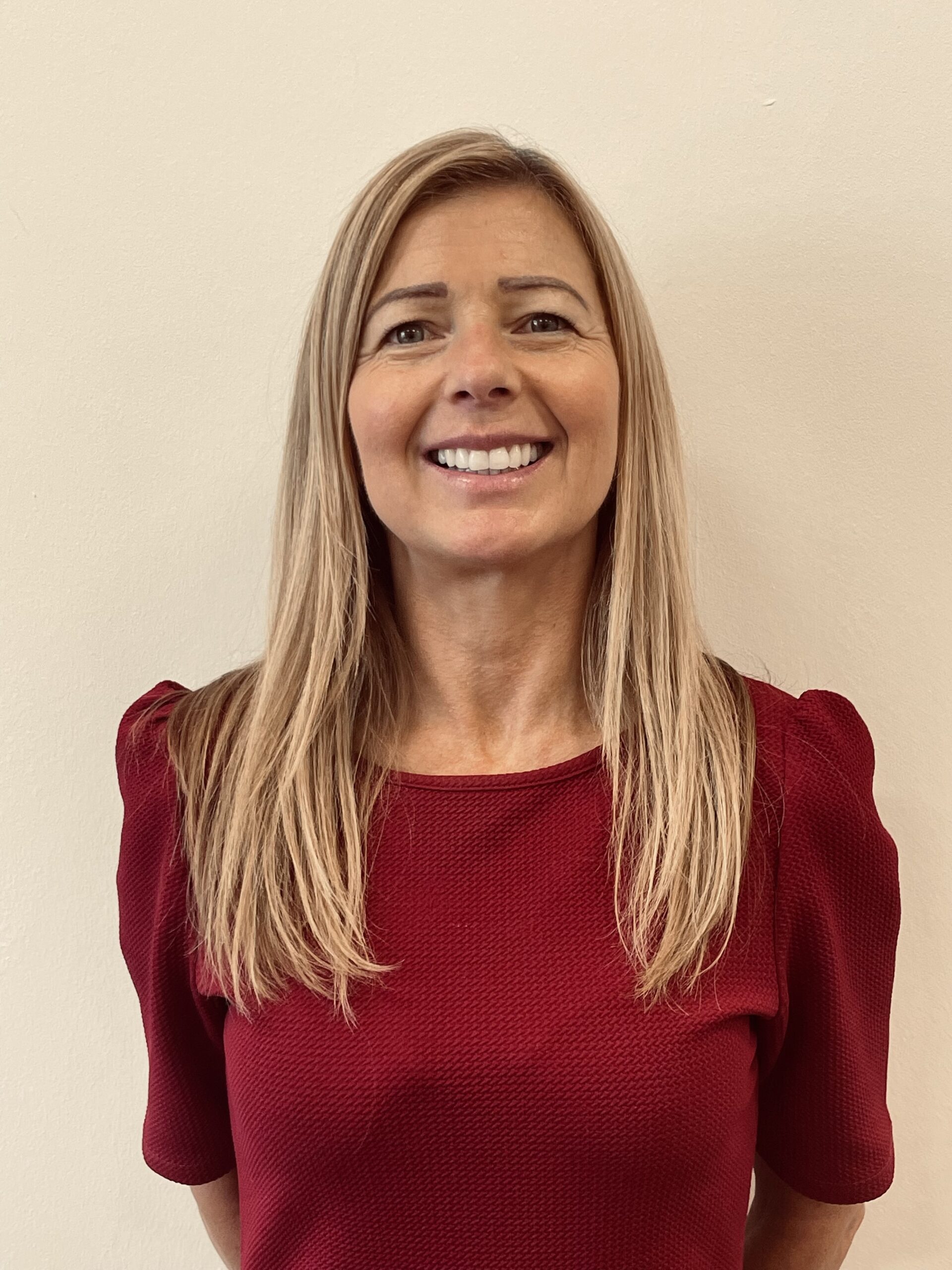Thank you for joining us in this second of our blogs that consider the current climate for NHS managers, why it matters and what we could all do to make things better. In such challenging times we must pull together to build hope, build solutions, build the future.
Our first blog was a provocation – pointing to lazy perceptions of NHS managers “Managers value you; do you know enough to value them?”. As managers ourselves, we aim not to seek pity, but instead to highlight the reality of how constant “manager- bashing” and scapegoat framing as to why our NHS is failing or is “flabby” and inefficient is impacting on your colleagues, core members of your team.
So, why is it important to call this out? What difference does it make that these perceptions persist if they aren’t true? Surely professional managers put up with this as a peril of the job and are big enough to deal with it – and indeed most are, but why should we?
For some time now, managers have been the poor relative in terms of deliberate opportunities for consistent development and training. In June 2022, the eagerly awaited independent report from General Sir Gordon Messenger and Dame Linda Pollard of leadership in health and social care[1] commissioned by the Department of Health and Social Care stated that management is a vital element to delivering quality care, whilst also recognising that managers are doing this in incredibly challenging times. The report further reinforced the need for greater consistency and deliberate development opportunities for early and mid-career managers. One may argue, something that the majority, of medical professionals have had access to for many years.
Frequently medical managers are given contracted job plan time for leadership activities when managers are not – for example dedicated time to lead a transformation project, or for clinical governance duties, could we consider job plans for managers in a similar way that quantified their contribution similarly? If not, which questions of equity does this raise? Is it because managers’ worth in health and care isn’t so immediately obvious?
Let us consider one of the most common, structures for managing a clinical division or care group in an NHS provider organisation–the triumvirate leadership model. This is the traditional clinical divisional structure found in most hospitals, community. and mental health Trusts and is where accountability and responsibility, is intended to be shared and jointly owned. What springs to mind here is the expression ‘work as imagined v work as done’.
Typically, the triumvirate leadership model involves the Clinical or Medical Director, often a consultant, a lead for Nursing, Midwifery or AHP peer and a General Manager, the all-round jack of all trades for finance, workforce, improvement, HR, planning, reporting and more a generalist in many cases. Most organisations will cite their “clinically-led” model, with a clinician first among equals (and rarely a nurse/AHP), but if a clinical division is not delivering to plan, patient waiting times are increasing, the divisional budget is in deficit, equipment needs replacing, and agency use is spiralling. Which role gets the first call, takes a list of actions, is chased for a plan?
Indeed, clinical staff will be under pressure, no one is disputing the workload and risks borne by clinical teams in caring for patients. This is not in doubt. The point here is that often in leading services, managers more than pull their weight, trying their upmost to recover the position, influencing colleagues to give up more hours they should be with their families and loved ones and they themselves taking home endless work to meet deadlines or complete reports and respond to demands of overseers that often lead to little response, support, or action. These managers often are asked to step up on performance, on delivery, because they are seen as generally more responsible for failure, with no clinical credibility to fall back on, with “generic” skills that could and should be better. And we try to, we never want to let our team and our patients down, no health care professional does. We care about them no less than people with clinical qualifications and roles.
It is true that everyone in the NHS is facing challenges, it is true that times are very hard, resources and colleagues are sparse and no one escapes these concerns. But let’s not assume that managers don’t stand front and centre, facing it head on as we must all do, or that they hide in the shadows, serving a different master. Of course, there are examples of authentic, collaborative, and shared multi-professional responsibility and more equitable, multi-professional programmes of development. Yet we observe that this is rare and often true, equitable joint opportunity and consequence is sparse.
We discussed this topic at a recent session which brought operational managers and medical staff together (Proud2bOps/FMLM/BMJ Leader). It was roundly recognised in common practice that siloes of duties existed. Together it was reflected that NHS structures may unhelpfully create a barrier to shared responsibility and accountability. Managers care as much about the outcomes, safety, experience, and effectiveness of services for individual patients as we care about the productivity and timeliness of them across all patients. Managers must be welcomed in holding to account clinical leaders just as much as managers by clinicians. This makes for a healthy and productive partnership – but how often is this the case? How often do managers feel comfortable and psychologically safe in questioning quality of care? We need to stop creating silo education and training and instead unite to develop and learn together, rather than in professional isolation.
Will you join us in standing shoulder-to-shoulder to declare how we share a common purpose, how much we learn from working alongside each other and how proud we are of each other? Will you work to build ways to develop and value our professional managers? We need all three pillars of our triumvirates to be strong, we need diversity of perspectives and creative solutions to what seem insurmountable challenges and we all deserve and need the respect, investment and, recognition to keep doing the job that we all do. Managers do not, and have not, chosen to be on the dark side, following a different mission – they are alongside you on the same path.
We invite you, health, and care professionals all, to take time to reflect and be mindful of those within your diverse team. Consider how opportunities and development resources are distributed. Think about when you last walked in a manager’s shoes or engaged them in traditionally clinical matters for their input. We all need a share of the bright spots and sparks of joy and hope to thrive, no one should be left in the dark.
*In the first quarter of 2023 we intend to run a live tweet session in partnership with the Faculty of Medical Leadership and Management, BMJ Leader and Proud2bOps. If you would like to be involved and receive further details of this session, get in touch with us: sfh-tr.proud2bops@nhs.net
References
Authors

Emma Challans-Rasool
Emma has worked across healthcare for almost 20 years. She started her career in Clinical Audit and Effectiveness working across Sheffield health and care partners. Emma has been fortunate to lead in various senior leadership roles including Operational Management, Service Improvement, Organisational Development and Transformation. Emma’s public sector experience spans acute, community, primary care and independent. She has also gained experience within the private healthcare sector and worked across Europe as a Senior Consultant supporting organisational review and effectiveness.
Emma has a strong passion for improving quality of care for patients and creating the right conditions and opportunities that people can thrive in. Emma believes dearly and holds a constant ambition to develop and sustain cultures where networking, compassion, motivation, belonging and learning for improvement is valued and lived through the behaviours of people and systems. She is the Founder and Chair of Proud2bOps, a national network of operational professionals from health and care providers. Emma believes in teamwork, relationships and creating an inclusive and trusted culture where colleagues are supported to provide outstanding care and be the best that they can be.
Declaration of interests
I have read and understood the BMJ Group policy on declaration of interests and declare the following interests:
- Director of Organisational Development, Culture and Talent at NHS Nottingham and Nottinghamshire ICB
- Ambassador of the OD Academy
- Board Member: BMJ Leader International Editorial Advisory Board

Charlotte Williams
Charlotte is Chief Strategy & Improvement Officer at Mid and South Essex NHS Foundation Trust. She is a member of the Trust Board and leads on quality improvement and innovation, planning and system and service redesign, clinical service strategy, Digital Services, and strategic intelligence. Within Mid and South Essex, Charlotte partners with the Integrated Care System to support change across health, local authority and third sector, and the MSE Anchor programme, working with colleagues across the public, voluntary, university and commercial sectors to add social value and positively influence the social, economic and environmental conditions in the area. Alongside Professor Tony Young, she leads the NHS InSites Test and Evaluation Programme starting across 10 NHS Trusts, and is one of the hosts of the NHS Clinical Entrepreneurship Programme, now in its 6th year.
Prior to her current role, Charlotte was Director of Strategy at the Trust, and MSE Group Director for Strategy and New Care Models. Charlotte joined the MSE Foundation Trust in August 2017 from UCLPartners Academic Health Science Partnership where she was Chief of Staff, working across discovery science, clinical research, and innovation. This included wealth creation and business development. She was seconded for two years to NHS England’s Strategy Group, within national policy and strategy development, contributing to the Next Steps on the Forward View and the NHS Vanguard Programme. Previously as the founding Executive Director of the London Cancer Integrated Cancer System, Charlotte helped drive major system change in the capital, after nine years as a senior manager in acute hospital operations.
Charlotte works with the NHS Leadership Academy, the Faculty of Medical Leadership and Management to support future leaders in health and care. She is an Action Learning Set Facilitator and sits as an NHS Expert Commentator on the NIHR Health Services and Delivery Research Programme, an Assessor for the Health Foundation’s Q Community, and SBRI Healthcare. Charlotte is also Vice Chair of Ehlers-Danlos Support UK.
Declaration of interests
have read and understood the BMJ Group policy on declaration of interests and my interests with MSEFT, FMLM and EDSUK may be noted, although none is in conflict with this activity.